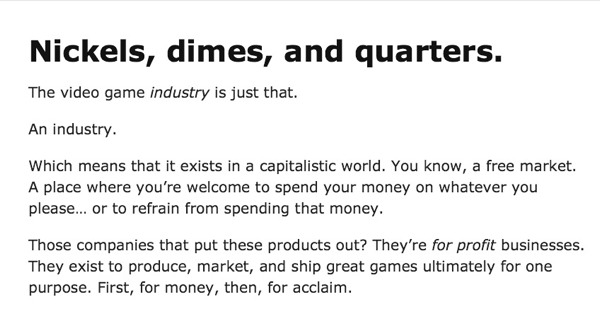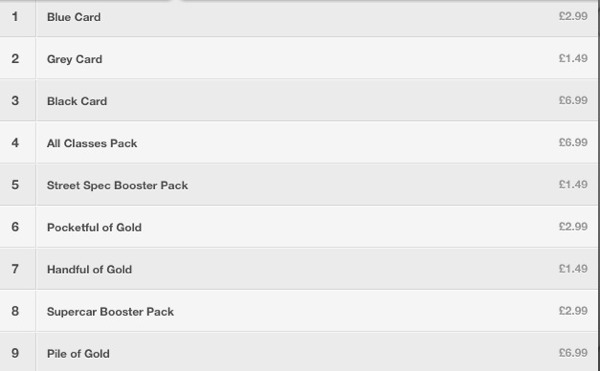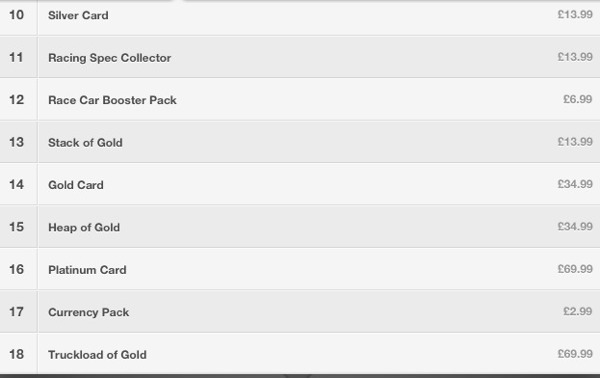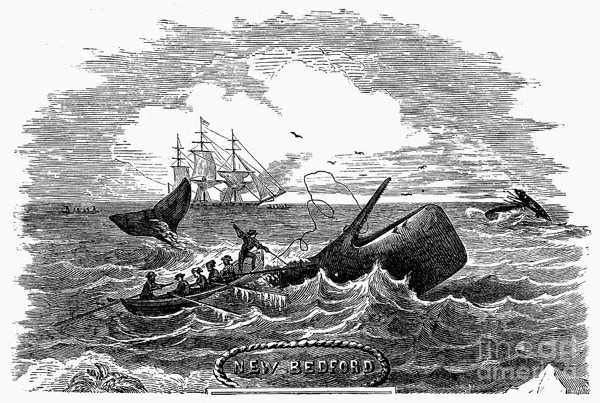How Etsy Attracted More Female Engineers
The key, says Elliott-McCrea, was partnering with other companies to fund a training program that would attract candidates ready to learn. Etsy, together with 37Signals and Yammer, kicked in for $7,000 per student in grants to cover women’s living expenses for a Hacker School session held at Etsy’s offices in the summer of 2012. (For the uninitiated, Hacker School is a three-month intensive free coding training program in New York that trades on its culture of mutual respect.) Over 600 women applied, which Hacker School narrowed down to 23 attendees, or nearly half of the session for that semester.
The solution seems obvious in retrospect, which means it’s innovative. If women are being burned by a male-dominated culture, then you have to grow them differently. To be fair, I don’t see male-culture as inherently bad, but it’s easy to see how male monocultures become increasingly self-absorbed, even selfish in nature. They work to perpetuate themselves by providing fertile grounds for the same (sometimes obnoxious) behaviours.
Provide an environment not polluted by male monoculture and females excel. This is no surprise to many of us. It’s never really been about gender per se, it’s always been about toxic monocultures.
I guess the question is:-
If this process works then why would a nation-state-city not provide it by default? Are we not accelerating towards a future where knowledge workers are dominant? And if we are, why is your government not seeding the future now?







